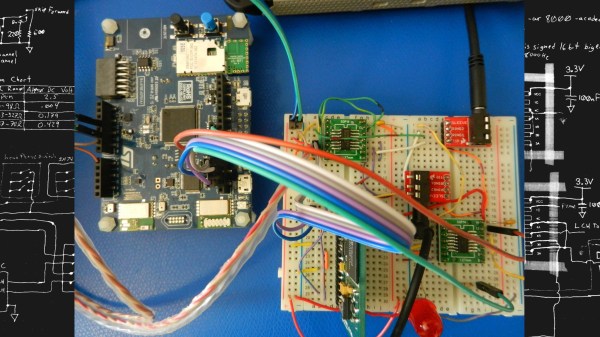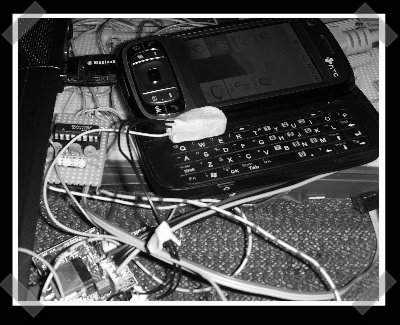“Sorry. I had music playing. Would you say that again?” If we had a money-unit every time someone tried talking to us while we were wearing headphones, we could afford a super-nice pair. For an Embedded C class, [extremerockets] built Listen Up!, a cutoff switch that pauses your music when someone wants your attention.
The idea was born while sheltering in place with his daughter, who likes loud music, but he does not want to holler to get her attention. Rather than deny her some auditory privacy, Listen Up! samples the ambient noise level, listens for a sustained rise in amplitude, like speech, and sends a pause signal to the phone. Someday, there may be an option to route the microphone’s audio into the headphones, but for now there is a text-to-speech module for verbalizing character strings. It might be a bit jarring to hear a call to dinner in the middle of a guitar riff, but we don’t like missing dinner either, so we’re with [extremerockets] on this one.
We don’t really need lots of money to get fun headphones, and we are not afraid of making our own.


















